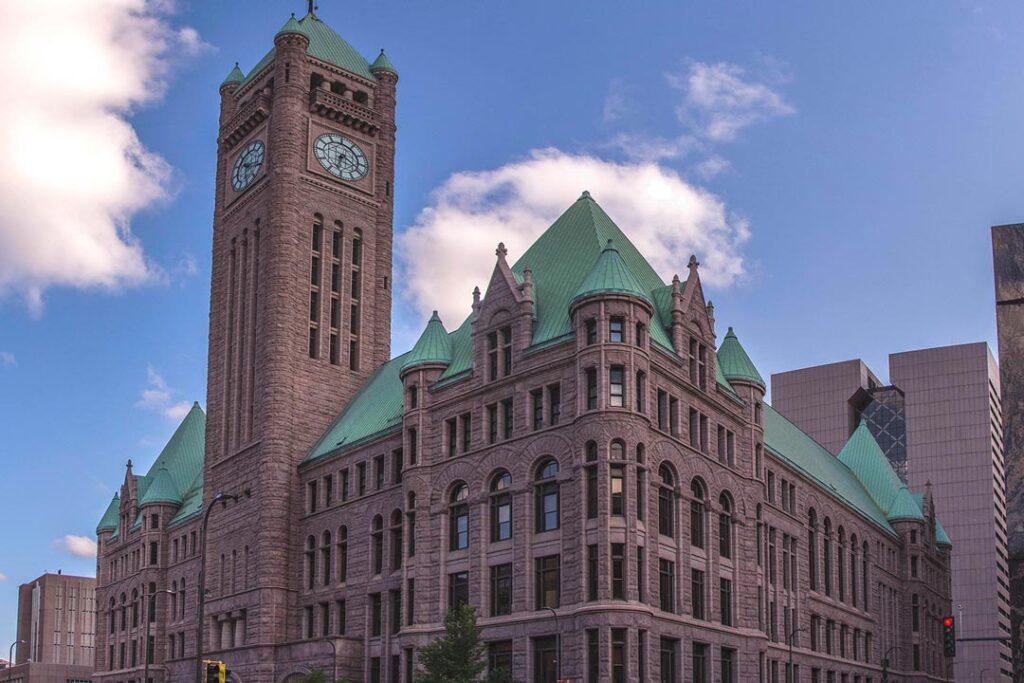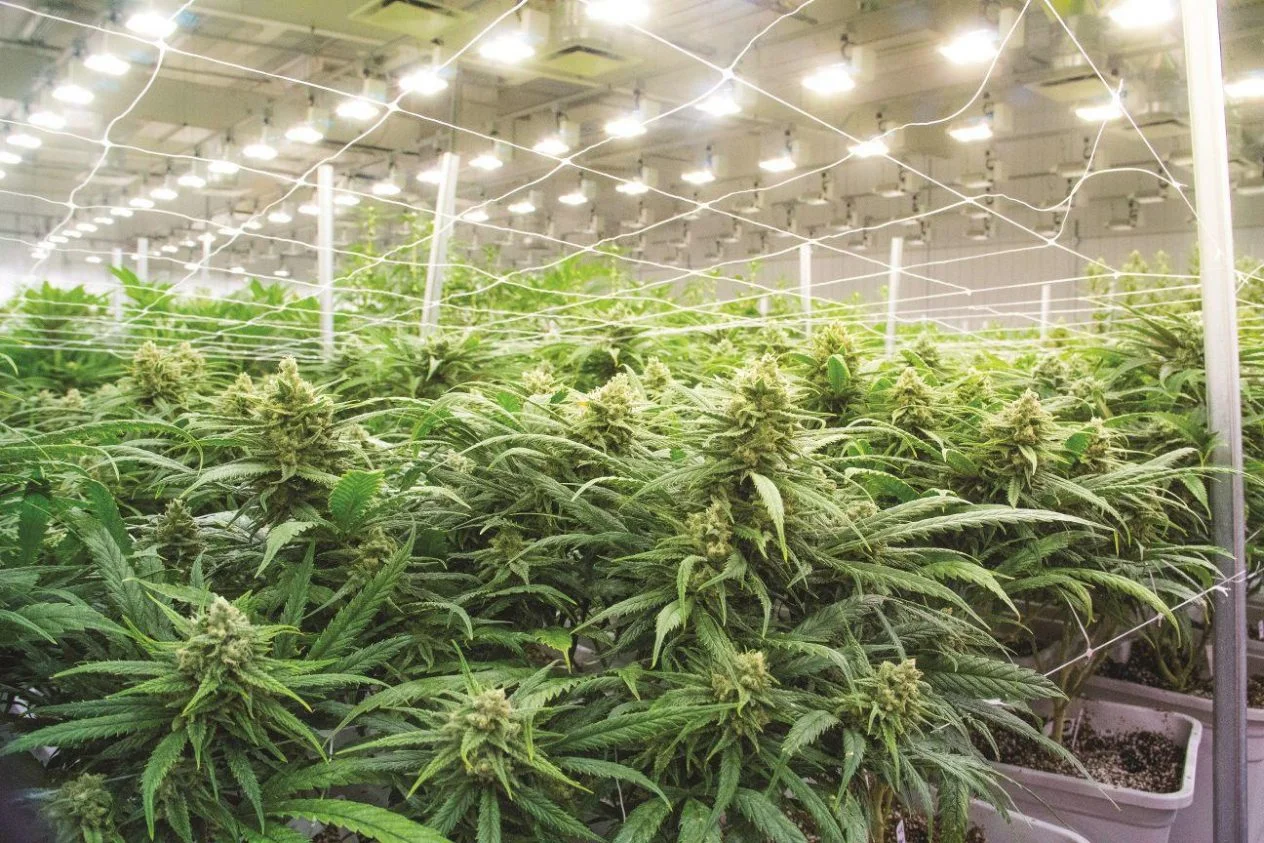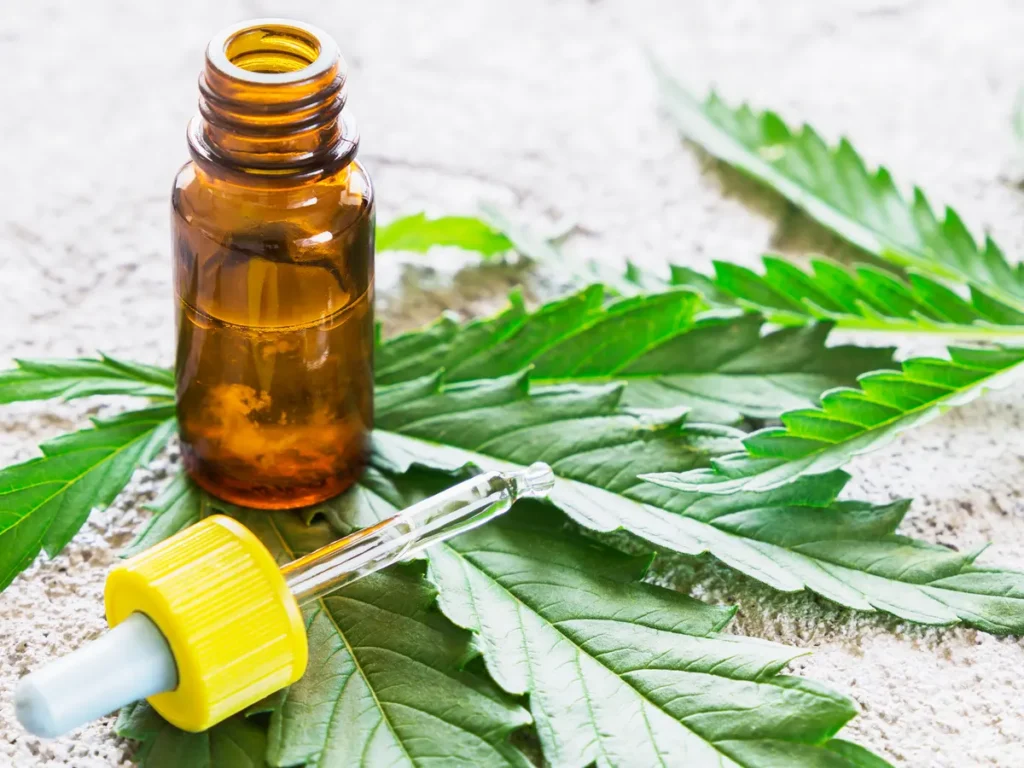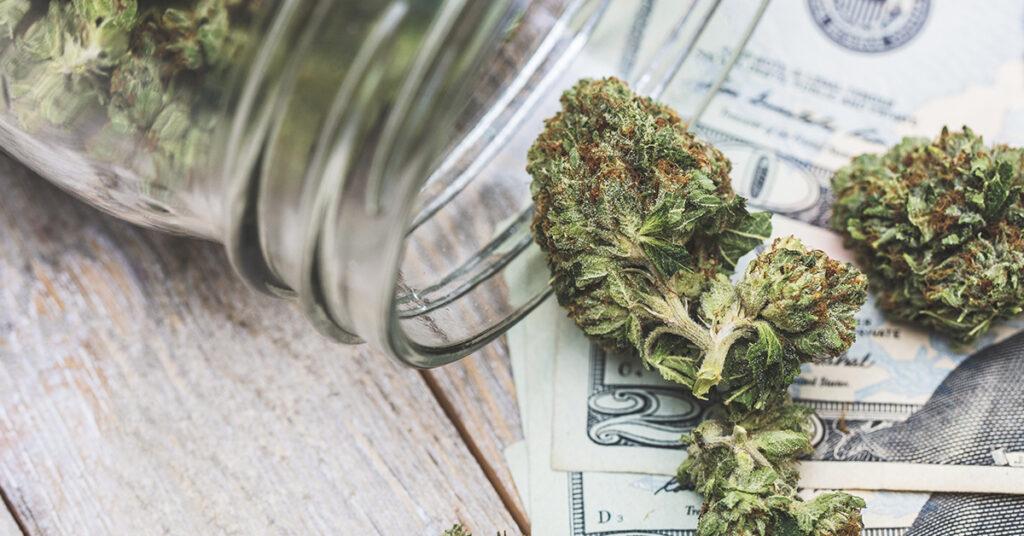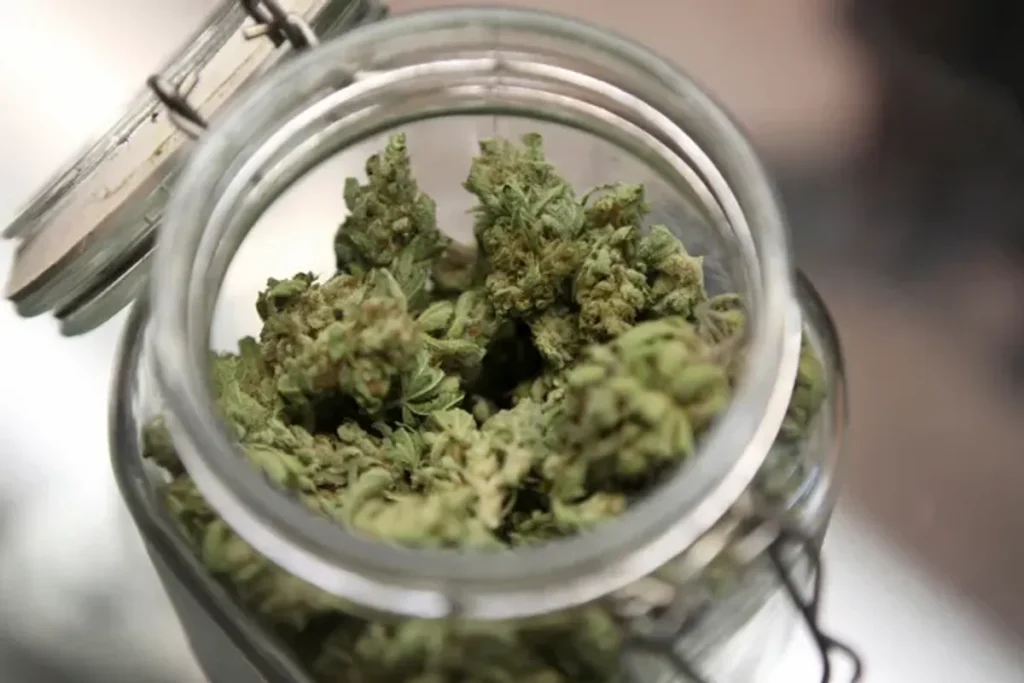Canada saw a slight increase in legal marijuana sales between April and May, according to new data released by Statistics Canada, a government entity.

According to Statistics Canada, legal marijuana stores throughout the nation sold CA$415.6 ($314.7 million) worth of marijuana and marijuana products. This is a 1.2% increase over April, despite April typically being a busy month for marijuana sales due to the 4/20 marijuana holiday. The CA$415 million sold is also a11.2% increase over the total sales numbers for May, 2022.
In May, Ontario had the largest number of sales at CA$162.5 million, a 1.5% increase from April. This is followed by Alberta with CA$74.3 million (2.3% increase from May) and British Columbia CA$64.8 million (a 5.4% decrease from April).
Continue reading

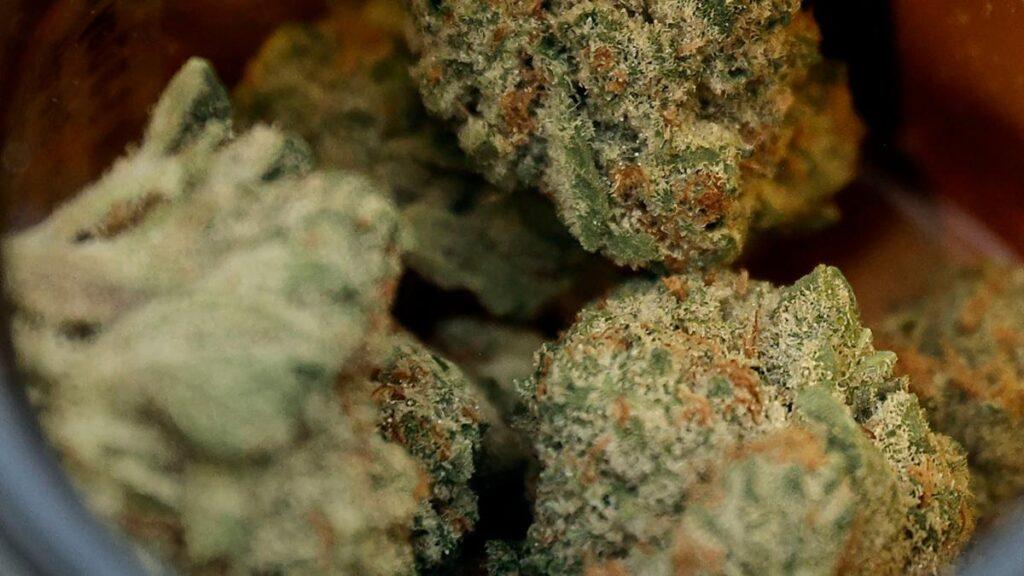

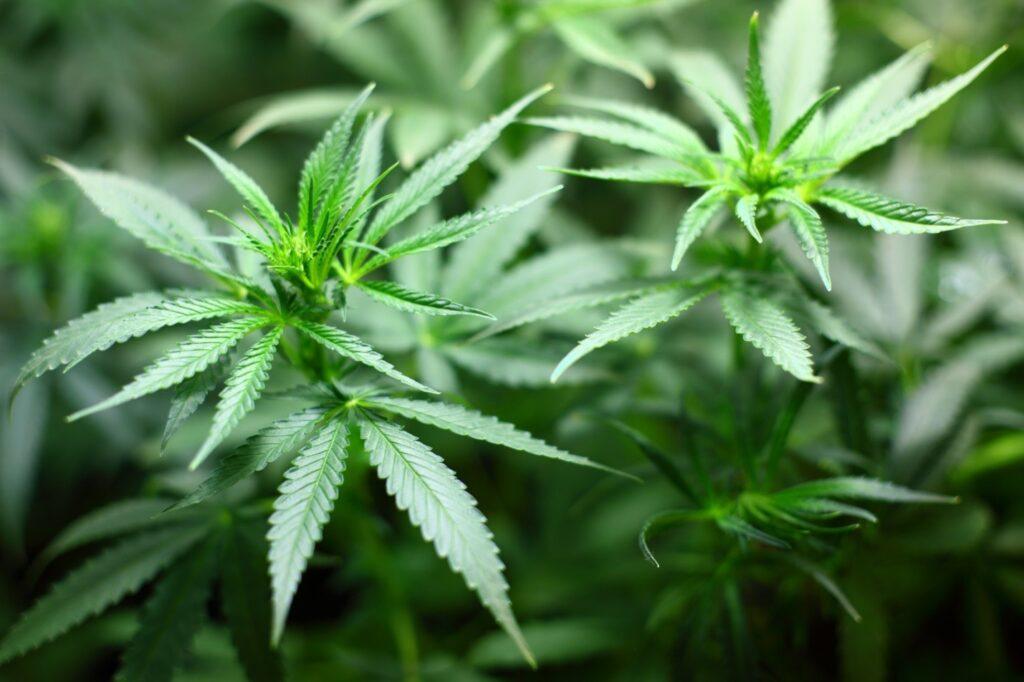 On Wednesday the state Cannabis Control Board (CCB)
On Wednesday the state Cannabis Control Board (CCB)